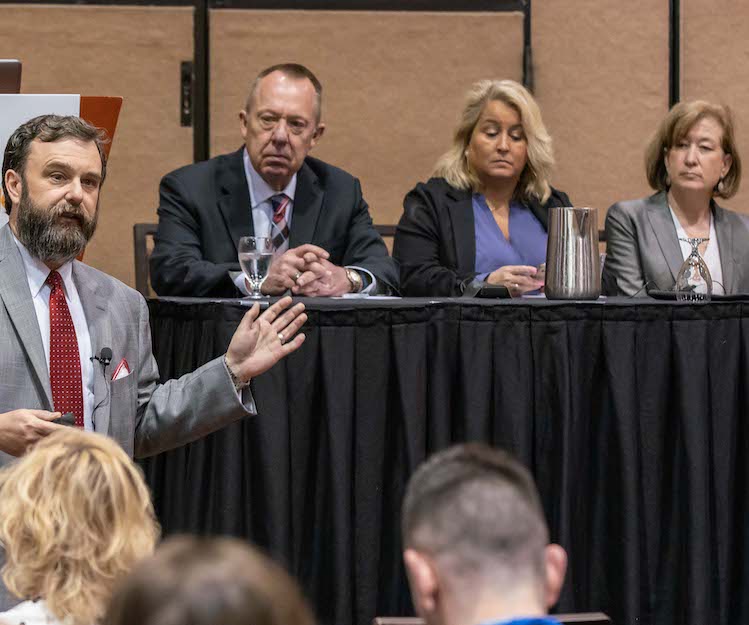WASHINGTON, D.C. – On July 3, the House of Representatives approved the Senate version of H.R. 1, the “One Big Beautiful Bill Act” containing major tax and spending initiatives championed by the Trump Administration. The President signed the bill into law on July 4.
According to AAHomecare officials, the final bill has numerous provisions with potential impacts on healthcare providers and patient populations. Beginning in 2027, certain Medicaid beneficiaries will be required to demonstrate at least 80 hours a month of community involvement such as work, community service, or education to retain coverage. This applies primarily to adult enrollees under Medicaid expansion and exempts medically frail or pregnant individuals, parents of young children, and other selected cohorts.
The legislation also requires states to re-determine coverage eligibility for Medicaid expansion enrollees every 6 months, and cuts back retroactive coverage eligibility to one month prior to enrollment for the expansion cohort, and two months prior to enrollment for other Medicaid and CHIP populations. These changes also go into effect in the Q1 2027.
The Congressional Budget Office estimates that more than 10 million individuals will lose Medicaid coverage as a result. Impacts of eligibility and funding mechanism changes in the legislation will vary state-by-state. AAHomecare and state association leaders will continue to work with state Medicaid programs to highlight the importance of home-based care as these changes take effect.
 The initial House version of the legislation included language mandating the use of artificial intelligence tools by January 2027 to identify and recoup improper payments in Medicare parts A and B. Those provisions were cut from the final bill.
The initial House version of the legislation included language mandating the use of artificial intelligence tools by January 2027 to identify and recoup improper payments in Medicare parts A and B. Those provisions were cut from the final bill.
PAYGO Cuts Possible
The new bill could also result in a 4% cut to Medicare reimbursement rates across the full spectrum of healthcare providers automatically triggered by legislation that causes significant debt increases – these are commonly known as PAYGO cuts, referring to the Pay-As-You-Go Act of 2010 that created them.
Congress could take action to block implementation of the PAYGO cuts with 60 votes in the Senate and a simple majority in the House. This vote would need to occur before the end of 2025 to prevent those cuts from beginning in CY 2026. See the final bill language here; provisions related to healthcare and Medicaid begin on page 219. AAHomecare will provide additional analysis on potential impacts on the DME community as warranted.

